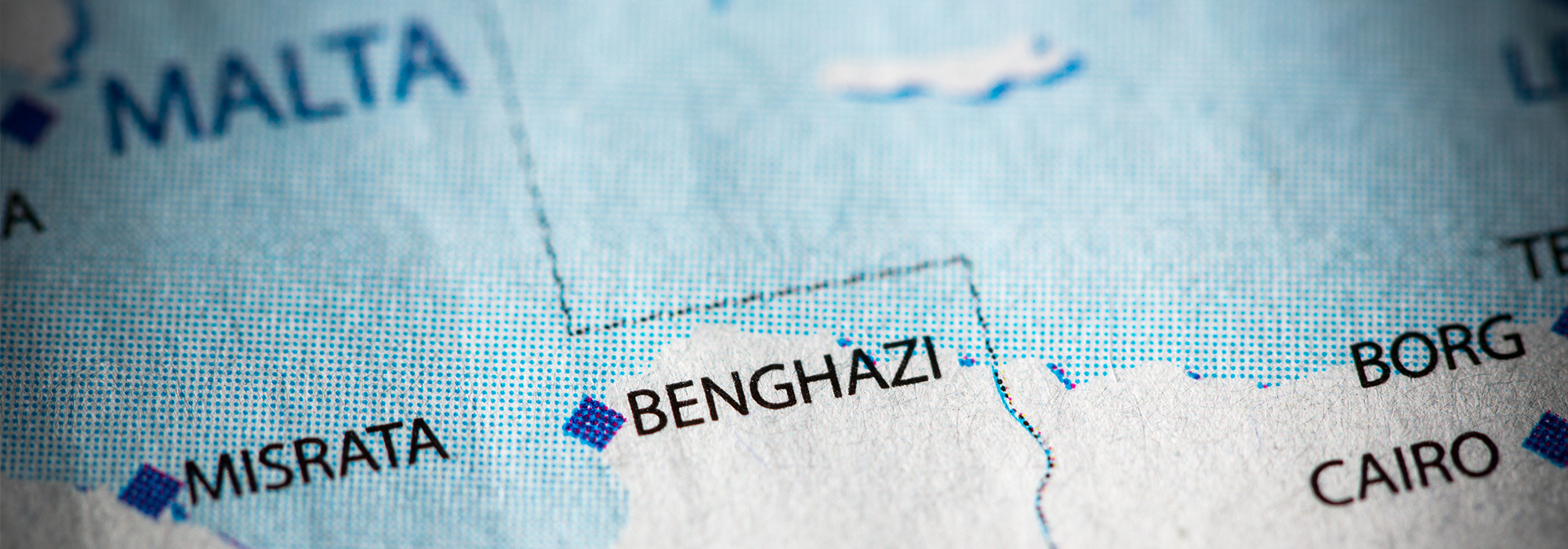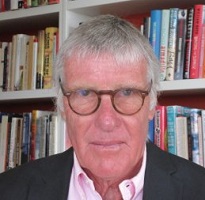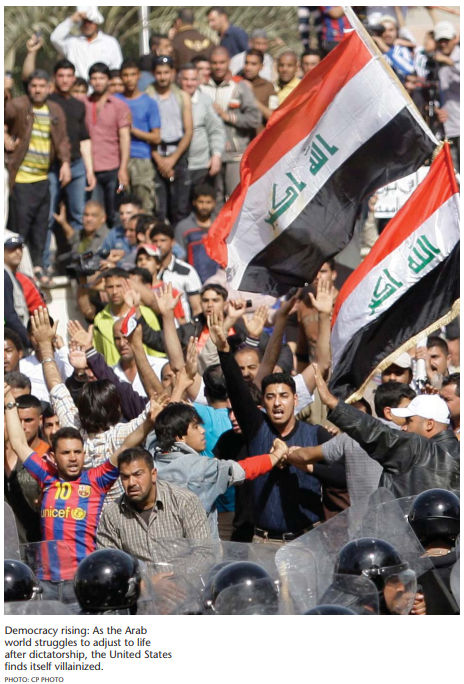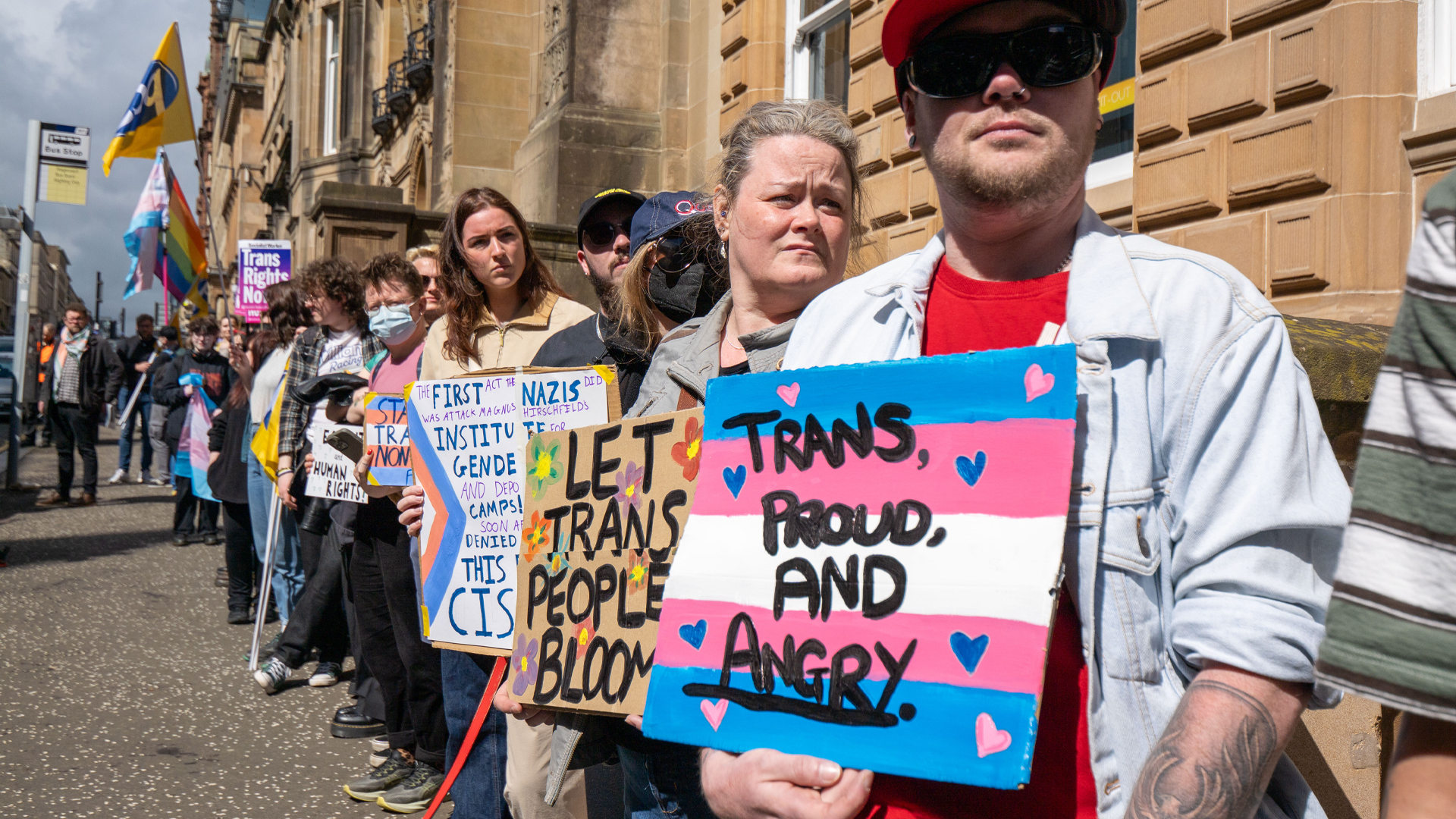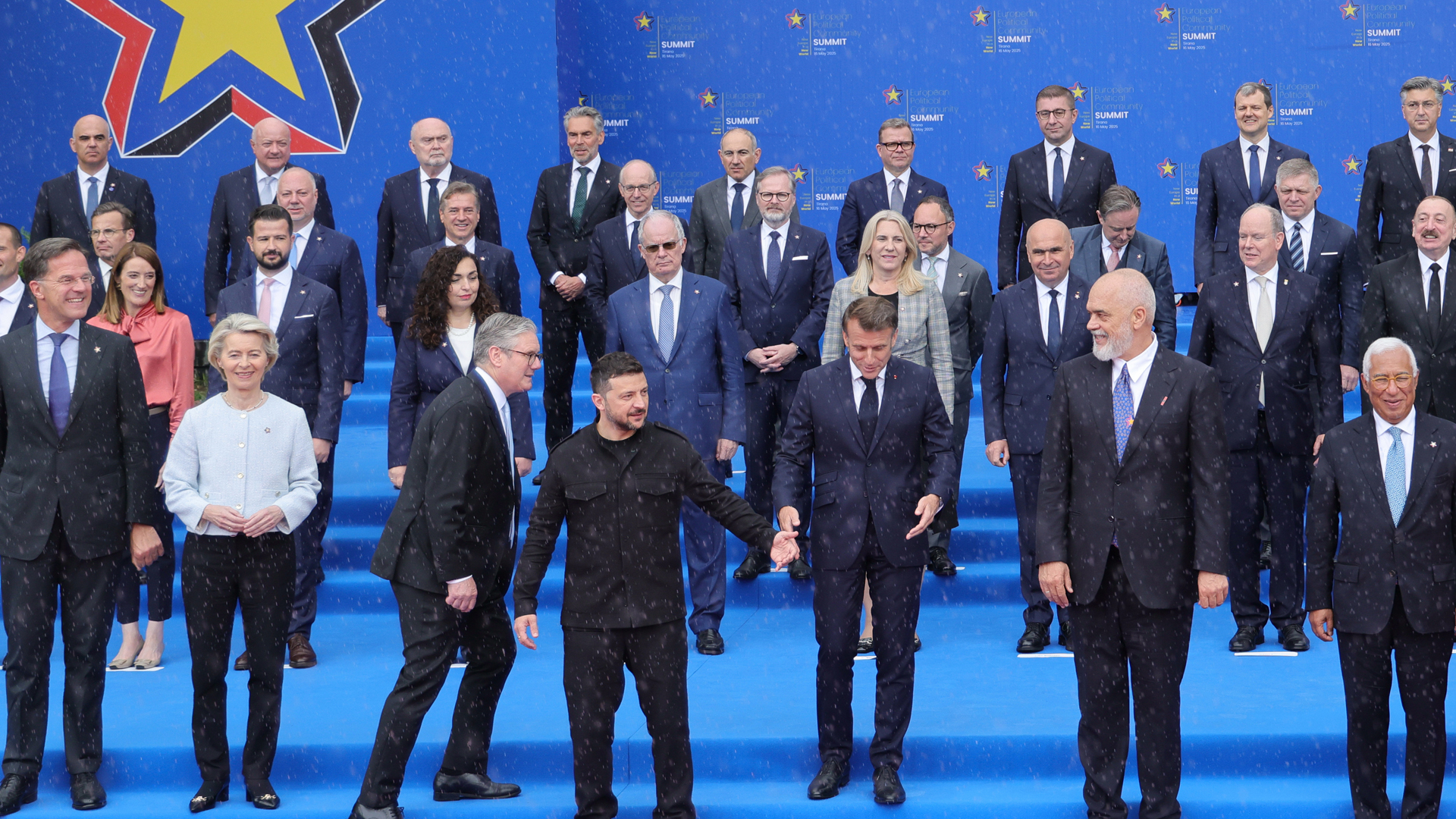
The bad news from Benghazi hit hard at the University of California, Berkeley, where scholars had gathered in September for a conference on the challenges of moving societies from authoritarianism to democracy. A good man who happened to be a Berkeley alumnus had been killed, along with three colleagues, in anti-US violence in Libya. Christopher Stevens was the US ambassador to Libya, an Arabist unafraid to break from the protective embassy bubble to connect with Libyans on the street as they struggled to emerge from decades of brutal dictatorship. It proved to be a fatal risk.
Stevens was killed September 11 in the firestorm of rage sparked by a grotesque anti-Muslim video, made in California and uploaded onto YouTube. Members of a Salafist militia and others affiliated with Islamic extremist groups may have used the mayhem as a cover to attack on the lightly protected US outpost in Benghazi. Though Stevens’ death was mourned by many Libyans who saw him, and the US, as a friend, the clashes exposed not only the enduring anti-Americanism in the Middle East and North Africa but the combustibility of trying to build a new order in countries unprepared and ill-organized for inclusive democracy.
The images of US flags being torn down and embassies sacked roiled the American public and were injected into the US presidential campaign. Republican candidate Mitt Romney tried to tar President Barack Obama with the brush of weakness by likening his inability to control events to the helplessness of President Jimmy Carter during the 1979 Iran hostage crisis. Some commentators said the mayhem demanded a stepped-up US military presence in the region; others saw it as a signal to step back from the Arab world.
But the knee-jerk political and media responses missed the lessons of history: the fall of authoritarian regimes does not, by itself, guarantee a smooth road to democracy. The scholars and democrats gathered in Berkeley understood that. They looked at the challenges of transition through a dual lens: the ongoing Arab Awakening, and the post-Soviet trajectory from its early idealism to the cynicism of Vladimir Putin’s Russia. And an underlying theme was what the United States had learned from these events, given the American tendency to submerge the aspirations of other countries and people into a narrative of American interests. This is where the loss of a man like Chris Stevens, who had slipped into Benghazi at the outset of the uprising against Moammar Gadhafi and followed the band of dissidents and rebels through to their victory, will be deeply felt.
The Libyan population that had been kept under the dictator’s boot for three generations was as thoroughly unprepared for governance as any victorious rebel movement in history. The vital building blocks for an inclusive democracy are those of civil society. If nongovernmental organizations exist under the dictatorship, they can step in and fill the power vacuum with a makeshift interim government until new leaders emerge and institutions can be built.
But in Libya, as opposed to Tunisia and, to a lesser extent, Egypt, there was no civil society to speak of. Any hint of it had been snuffed out by Gaddafi’s police state. He had permitted no political competition, no NGOs, political parties, media or public political discussion. Once he was gone, Libyans could hardly be expected to transform into functional democrats overnight. There were no institutions that could be adapted to support the transition — no constitution, no parliament, nor independent justice.
Democracy is not an app that can be downloaded. The most important thing we should have learned from Russian experience 20 years ago is that democratic aptitude is behavioural and has to be learned. It must reside in the heads of citizens. It takes time and education. That the Libyans have done as well as they have is remarkable. That there are pockets of contestants for power shouldn’t surprise. As Anatoly Sobchak, the mayor of Leningrad, said just before the counter-revolutionary coup that took Gorbachev hostage in 1991, “In this society today, democracy and dictatorship are living side by side.” So it is in the fledgling democracies of North Africa.
The problem has been compounded in Libya by a lack of security. The police are mostly gone. The militias that conquered Gadhafi remain armed and in place, providing a version of security in arbitrary and chaotic ways. Dozens of these heavily armed groups compete for power and spoils. Hardline Islamist groups who are convinced that democracy and Islam cannot be reconciled are few, but they are armed and violent. This was the nascent “democracy” that Chris Stevens was charged with trying to nurture.
Post-Soviet and Russian experience may seem distant to these developments. But the scale and complexity of the Russian challenge made it a living laboratory of transformative trial and error. As an exhausted Soviet rule gave way after 70 years, everything in political and economic life was suddenly turned on its head. The talk was of moving to democracy but there was no user’s manual showing how to do it.
Many Westerners presumed they knew the way. They thought the process was to help Russians be more Western. There was little appreciation of what it was like to be Russian. Western treasuries chanted the mantra of the neo-liberal “Washington consensus,” which worshipped untrammelled market forces. “Shock therapy” was the prescription — the abrupt removal of price controls, fire-sale privatization of state assets and drastic budgetary stabilization.
The Russian people bore the weight of this experiment. Hyperinflation destroyed savings at the same time that essential social services and health care were devastated by the radical loss of state financing. While Westerners didn’t have a clue about the social costs of their advice, reformers around Boris Yeltsin did. They judged they had only a narrow window of political opportunity to force through lasting change before rising opposition shut them down. “We decided to put all our eggs in one basket,” reformist Prime Minister Yegor Gaidar later recalled.
We know how it turned out: Russian GDP declined 43 percent from 1991 to 1997, bequeathing a social chaos that was blamed on “democracy.” The Western support for increasingly unpopular liberal democratic reformers convinced many Russians that a democracy agenda aimed to sink their country. Out of the backlash came Putin, promising to restore order and ease the economic pain. Only now, after a quieter decade of greater prosperity from oil, are Russians revisiting the need for democratic change.
The point here is not to debate again the path of Russian economic reform. In fact, a hindsight case can be made that the long game of Russian reformers was in many ways correct. The salient point is to underline that the West didn’t understand the experience and condition of the people in question. That should be a lesson as we turn, 30 years later, to the events unfolding in the Arab world.
How will America respond to the new Middle East and North Africa that is being born?
It had again been hoped in Washington that Western-style, liberal democrats and secular politicians would do well in first-time elections. But though those forces did win in Libya, they were pushed to the margins by better organized Islamists in Tunisia and Egypt. Egyptian economist Mahmoud El-Gamal of Rice University says that in Egypt’s faithbound society, the word secular connotes today the same opprobrium that democrat came to signify in Russia. In Arabic, the less frontal word civil has replaced it in political communication.
The Western democracies must reach out, extending material support — and encouragement.
The emerging controversies are familiar to those who follow Russia. In Egypt, US foundations and aid agencies aiming to support the capacity of civil society are prosecuted for outside interference, an echo of the crackdown on foreign NGOs in Putin’s Russia.
The Arab world also harbours a strong anti-American streak, built over time. Washington is paying a stiff price for its support of strongmen like Tunisia’s Zine El Abidine Ben Ali and Egypt’s Hosni Mubarak, propping them up until the forces on the street left little choice but to abandon them. That record makes it extremely hard for the United States to trumpet democratic values in countries where the American hand backed autocrats who suppressed it. Shibley Telhami, a former adviser to the US Mission to the United Nations and an authority on Arab public opinion, points out that 90 percent of Arabs were against the American invasion of Iraq but, under American pressure, their leaders did not openly dissent.
Meanwhile, the recent anger over the offensive anti-Muslim video shows the Arab and Muslim world has little appreciation for American political concepts such as the right to free speech, however offensively it shows itself. Faith is personal to Muslims, says Telhami, and insults to their faith are insults to the core of the person.
So how should the West proceed? In this cauldron of confusion, democratic institutions need space to grow, insulated from extremists (both in the Arab world and in the West). Democracy education is crucial, nurturing concepts such as the rights and obligations of citizenship, and the need for tolerance of other beliefs.
But above all, the West can help by trying to gain a better understanding of the cultures in which this new order is struggling to take hold. The Western democracies must reach out, extending material support — and encouragement — even if the voices that come back aren’t exactly congenial to ears in Peoria. That’s what Chris Stevens knew. The alternative is to be condemned to see history play out like the last lines of The Great Gatsby, beating on “boats against the current, borne back ceaselessly into the past.”
Photo: Shutterstock by sevenMaps7




